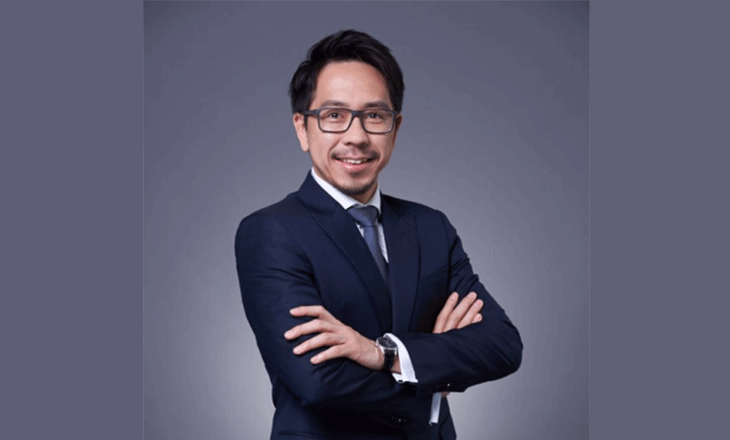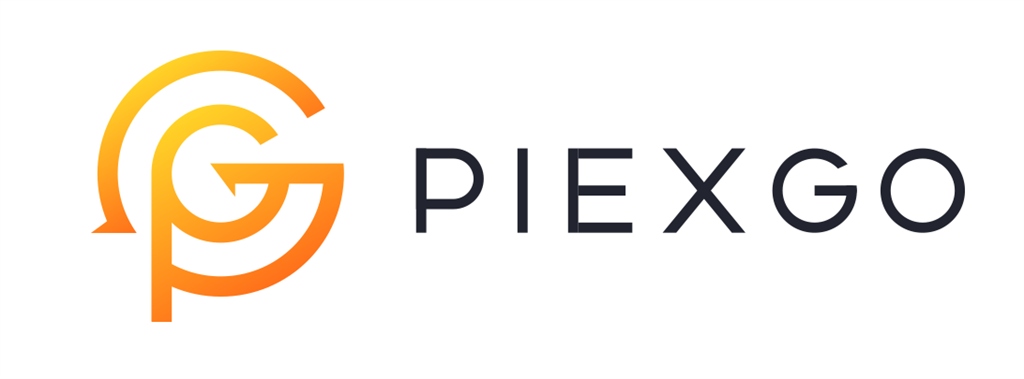LeapRate Exclusive… Czhang Lin is the CEO of PIEXGO, an innovative global digital currency trading platform that provides a one-stop seamless experience for institutional and individual traders. PIEXGO’s platform is the first to launch an IXO, essentially an upgraded IEO which seeks to promote an ecosystem of protocols, dedicating resources and opportunities for emerging blockchain networks.
Czhang joins Leaprate today to talk about his company and in particular – the changing cryptocurrency environment in South Korea, the nation’s upcoming digital coin and the challenges and opportunities South Korea currently faces in the blockchain/crypto space.
LR: Hi, Czhang, happy to have you here at LeapRate today. Please introduce PIEXGO – what does the company do, what cryptocurrencies does it support, operations, and the team?
Czhang: PIEXGO is a digital currency trading platform that currently supports spot/OTC trading for major tokens as well as financial derivatives products. The PIEXGO platform is focused on creating a safe, efficient, and stable global digital asset trading platform in order to establish an “integrated incentive” platform mechanism for both institutional and individual investors. Our main difference from other exchanges would be our launch pad RocketGo. On RocketGo, we have IXO, designed to promote public chain ecosystems by executing fund raising for Dapps inside of public chains with public chain tokens. We are a Singapore-based exchange with offices in South Korea and China, and are looking into various markets internationally to expand into. We support over 40 trading pairs and 27 coins to date. The exhaustive list can be found on our website.
LR: What do you think will be the major benefit of having a national digital currency in South Korea?
Czhang: South Korea aims to be seen as a smart city and intends to launch a native city-wide cryptocurrency called S-coin in Seoul, along with additional plans to launch a local cryptocurrency in South Korea’s second largest city, Busan. The potential applications of a digital currency are almost limitless, but would aid greatly in the seamless integration of various industries. The guiding principle behind Seoul’s smart city initiative puts citizens at the heart and centre of it. The S-coin for instance, would be redeemable for rewards and given to citizens when they use public services, pay taxes or participate in public opinion polls, further encouraging citizen participation in governance. With a native cryptocurrency, this would help greatly in incentivising desirable behaviour with citizens.
LR: Why do you believe that a cryptocurrency can be well accepted by the government? Could you please share your view on the recent developments of South Korea’s banning ICOs in 2018 and how has this shaped the general public’s attitude towards virtual currencies?
Czhang: South Korea’s banning of Initial Coin Offerings in 2018 was due to a myriad of factors — it was viewed as a high risk activity, and there were reports of ICOs raising money illegally from Korean investors. Due to certain malicious activities which happened in the past, South Korea clamped down on ICOs. However, as time progressed and the outlook of cryptocurrencies increasingly improved, the crypto market in Korea started booming. Busan, for instance, has been declared a “regulation-free” zone for blockchain development by South Korea’s national government, with a total of eleven regulations lifted for the project. The second largest city will start hosting a wide range of blockchain offerings related to finance, public safety and tourism, allowing for international-level crypto initiatives. Investors are estimately moving 25 million into the region by 2021, showing strong potential and opportunities for virtual currencies.
LR: What are, in your view, the major obstacles in establishing cryptocurrencies as mass adoption in South Korea and the region?
Czhang: Although South Korea has less than 1 percent of the world’s total population, it actually is one of the world’s largest markets for cryptocurrency trading — South Koreans account for 30 percent of total cryptocurrency trading worldwide, with some 30 percent of all salaried workers owning and trading crypto assets of some kind. South Korea’s eventual embrace of blockchain and crypto has accelerated adoption in the nation. Across industries, companies in the public and private sector are gaining massive momentum and seeing traction. With a well-developed cryptocurrency exchange scene, South Korea’s ultimate plans are to be seen as a blockchain smart city.
LR: As Busan, for example, is considering creating its own digital coin, as South Korea as a country is also thinking of introducing a coin, what do you believe is better – having one unifying currency or allowing certain jurisdictions to have their own, depending on the state of the local economy and openness of the public to use such a monetary tool?
Czhang: In my opinion, I think having these developments per jurisdictions are the most ideal, as it uniquely caters to the territory’s state of economy, user behaviour and sentiment. City officials will have a better sense of the demographics and would be able to implement strategies to improve the local economic activity. Additionally, Busan, a regulation-free zone would be able to carry out ICOs, which remains banned in the rest of the country. This allows it to serve as an operational sandbox for blockchain development before being introduced to South Korea as a whole — providing the country with a sense of effective strategies.
LR: What are the major advantages of South Korea when it comes to positioning itself as a cryptocurrency player on the international arena?
Czhang: As South Korea positions itself as a cryptocurrency player on the international arena, it ranks with Malta, Singapore, Estonia, Switzerland as one of the top few progressive tech-savvy nations in emerging technologies. This very stance cements South Korea as a strong contender, providing visible international presence. Fast becoming an attractive destination for the blockchain and crypto community to gather, its Ministry of Science and ICT announced plans to kick start pilot blockchain projects in the public sector. This involves penetrating into online voting, customs clearance, supply chain management, logistics, real estate and cross-border e-document distribution.
LR: Could you please share with us your thoughts about the development of the cryptocurrency / blockchain market on a global scale in the near future?
Czhang: We have seen a number of remarkable developments in the crypto and blockchain landscape — with tech giants such as JPMorgan, Microsoft, Facebook seeing the benefits of this emerging technology and hopping on the bandwagon. Set to streamline processes in traditional banking with payments and remittances, the technology truly improves public services. While the road to mainstream adoption is not without barriers, the recent G20 decision to regulate the crypto sphere not only provides assurance, but is also the first regulatory acknowledgement of cryptocurrencies.
Czhang was initially an Investment Director at PreAngel, a blockchain fund focused on early-stage internet startups, and was a Partner at JRR Crypto where he handled Blockchain Ecosystem Investment and Incubation. Back in 2014, he successfully public listed his own family business in the Warsaw Stock Exchange (Poland), which continues to be the only Taiwanese firm to be listed in Central Eastern Europe. Czhang is also an advisor for the Asian Israel Blockchain Association.
More recent news from South Korea and the APAC region can be found below:

